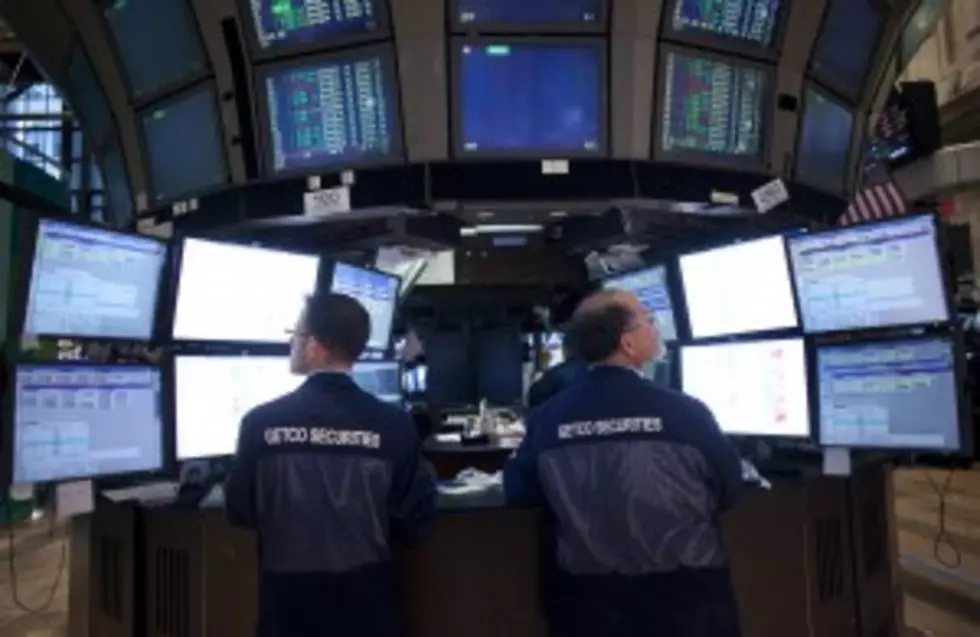
How Greedy Can a Corporation Be?
President Obama is reminding people as he campaigns for re-election what corporations are about (especially those of the private equity variety): maximizing shareholder profits. There’s nothing wrong with this, it’s just not something someone who wants to be President of the United States ever should have done. Sorry Mitt.
A much bigger question looms a little farther out. How will corporations respond to the radical changes in store if those who predict the coming “Singularity” are correct? Thanks to our mastery of matter at nano and even femto levels, we may soon enjoy a virtual universe of plenty. Remember the cafeteria on the Starship Enterprise? Complete meals whipped up out of thin air; well that’s coming. Do you remember the cash register where they paid for these meals? No? That’s because there was no cash register, no debit card, and no biometric features needed to settle the account. Money will be obsolete when nanobots designed by Artificial Super Intelligence can produce anything out of anything else. Not only will these nanobots be able to transform any cheap, plentiful material into the things we need, they’ll also clean up after themselves.
Until then, corporations play a big role in getting us there. They pursue profit by producing things people want to buy, and people want to buy the technology that leads us toward the Singularity. Unfortunately, once we arrive, the very reason d’etre of corporations disappears; there will no longer be any profit to pursue. Will corporations blindly continue to produce the technology that could lead to their extinction, or will they eventually foresee the potential danger and begin working against this possibility? This question is addressed in a thought-provoking piece, and the author suggests corporations might actually work in concert to try to prevent the Singularity. But he also acknowledges this may be implausible, given its profitability:
“This line of thinking might seem implausible since, after all, corporations large and small are pushing ahead much of the amazing technological advancement now occurring. However, according to the argument I’m pursuing here, it makes sense that corporations would continue to embrace technological advancement — as long as it seems most probable this will lead them to make more money!”
In other words, how will the moths ever learn to stop flying into the light? Since there will be money to be made right up to the end, how on earth will they be able to help themselves?
But they may have no choice:
“Doesn’t it seem reasonably likely that a network of large corporations, at that point, will try to form a global AI Nanny conglomerate —, to slow progress toward a confusing, potentially money-obsoleting Singularity, and ensure their profitability via mostly benevolent force?”
At some point, they'll have to come together. They will have to agree and abide by the agreement to stop their individual pursuit of profit in those areas that lead to the Singularity. But since we are already on the way, why wouldn’t they do this now? Why not put a halt to all research and production in such fields as stem cells, nano-technology, artificial intelligence, computers, etc.? Do they not believe we are on the way? Or is it like a game of chicken, they all see it coming but they’re waiting for the other guy to veer off first?
Whatever the reason, for now corporations continue rushing forward toward their doom. But even if they did come together, wouldn’t there still be problems? For example, squabbling over which technologies really need to be prevented. Won’t there be charges, counter charges and accusations among the corporations as to whose products are actually a threat? Protests that one’s own technology is unfairly targeted, while others pursue technologies that are actually far more dangerous?… Worse yet, we could see Kyoto: ‘your country is to please stop producing greenhouse gases now and we will join you in this effort very soon.’
Corporations have a clearly defined goal: “maximize shareholder value.” This won’t be, can’t be, the goal of the “network” of corporations seeking to prevent the Singularity. While each corporation in the network continues to pursue its OWN profit, the network will restrain all from the pursuit of dangerous profit. In other words, the network will be dedicated to the common good. Is this possible?
Furthermore, by the time corporations see the danger won’t they also see the very great benefits? The reason this technology is profitable is because it has value to human beings. The most massive example is the promise of life extension. Will the response really be, ‘no thanks, we’d prefer to keep making profit?’ This argument hinges on the independent existence of the abstraction we call a “corporation.” From the perspective of the “corporation” there are no benefits if the corporation itself becomes extinct. The corporation’s continued existence depends on being able to continue making profit, which is the goal of the association. Shareholders, executives, board members, employees, all of whom will also presumably desire what the Singularity will bring, will not be able to prevent the “corporation” from desperately clinging to existence at their expense. They must die so the corporation may live. Could this really happen? For those who believe in the overwhelming power of our creations to mold matter, why couldn’t it? Isn’t the corporation such a creation?
This leads me to another question. The Singularity promises things we all desire, especially but not only, the extension of our lives. But is this not an individual desire, something we desire for ourselves and those we love most? Or is it necessarily a desire we have for all? There was no need for Jesus to command this because we already love our neighbors as we love ourselves (even the annoying ones). Is it something we will only enjoy if all do? Or will there be no potential for conflict, because there will be plenty to go around? It will be a wonderful thing if this is how it works and there is no conflict, no need ever to put this to the test. These questions probably lead us into the author’s next promised topic: will politics prevent the coming Singularity? This seems a much bigger obstacle to me.
More From WFNT









